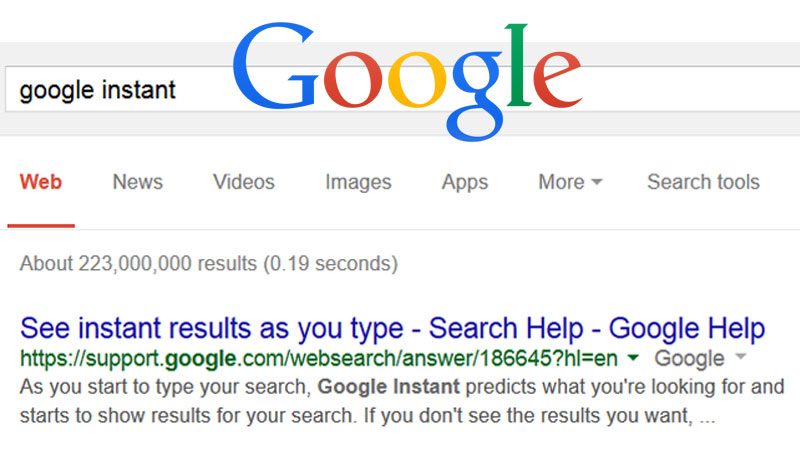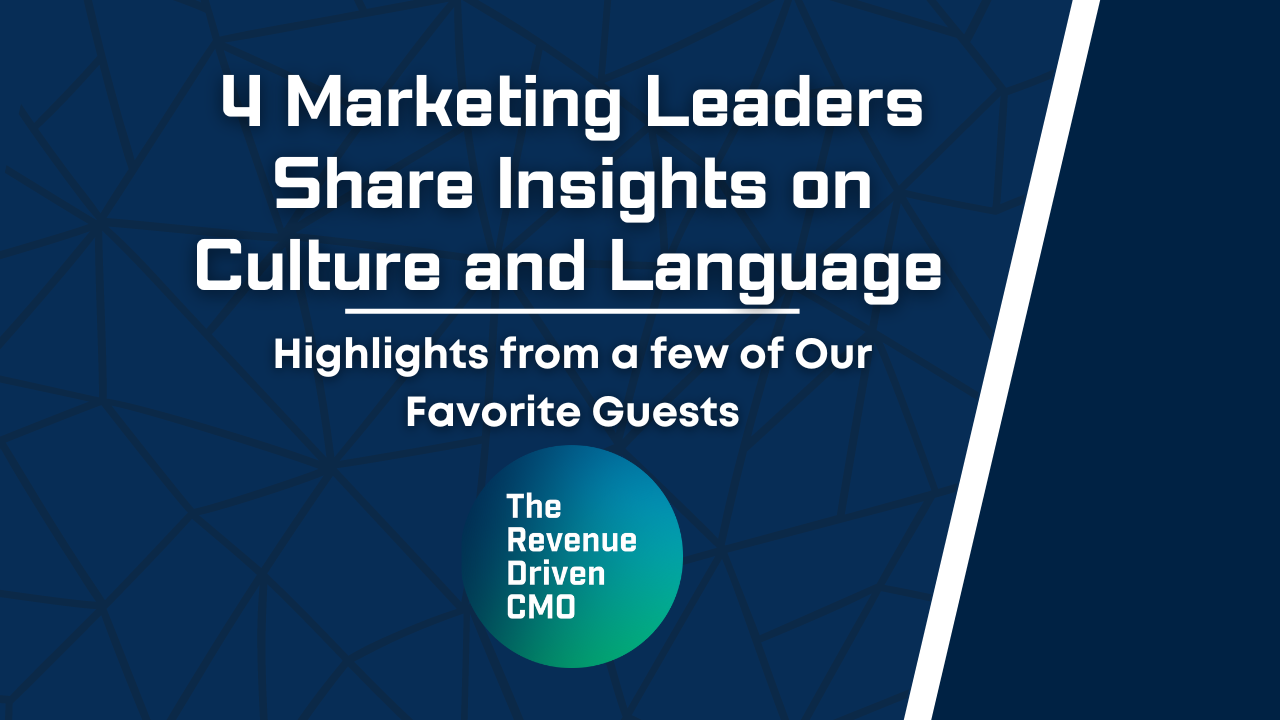
Google Instant and How it Will Impact SEO / PPC
Today Google launched a new search enhancement to its already dominant search engine. In this post we will talk about Google Instant, released on September 8th, and discuss the impact that this new system will have on SEO / PPC.
About Google Instant
Google Instant is a combination of 15 new technologies and is designed to improve an ever growing facet of their mission statement : speed. The official Google Instant page boasts that its latest advancement will shed 2-5 seconds off of each search performed. It accomplishes this by returning search results before you’ve even finished typing the entirety of your search query, let alone have the opportunity to press ‘Google Search’ or the ‘Enter’ key. If Google Instant were to be implemented world wide, they estimate it will save over 3.5 billion seconds daily or 11 hours with every passing second.
They are claiming that the instant results will reduce the gap between average typing speed compared to average reading speed. The official release page for Google Instant proclaims that 300 milliseconds between keystrokes is common while only 30 milliseconds are required for the average user to adjust the focus of their eyes to another part of the screen. Additionally, the instant results provide smarter predictions which can help to direct your search.
Although this new function is not yet available for mobile phones, it is a significant improvement to the already industry-leading search engine. It does work for Chrome, Mozilla Firefox, Safari, and IE8. Google Instant is starting to work in the US, UK, France, Germany, Italy, Spain and Russia.
Impact of Google Instant on SEO / PPC
Although Google Instant does not directly impact the ranking of search results, it will have some implications on web strategy for those in the SEO community.
The instant results returned by Google Instant will undoubtedly grant a competitive advantage to short-tailed queries. This is based solely on the fact that before you can see a long-tailed search results page, you have no choice but to also see the short-tails included therein.
For example, if you type in “general contractors maryland”, you will see the results for “general contractors” before those for “general contractors maryland”. This provides additional incentive for short-tail search query dominance.
From a Pay-Per-Click (PPC) perspective, the number of impressions will dramatically increase as will the clicks for short-tail queries that are often within long-tail queries. This will hold particularly true for those short-tail searches that are at the start of a popular long-tail.
Concerning PPC budgeting, the amount spent on a campaign will increase for those short-tail terms that are more commonly within popular long-tail terms as you would expect.
Google Instant is definitely a good thing for users, and potentially a highly profitable adjustment for Google AdWords revenue. This new enhancement is a win for users, a win for google, and a win for the masters of adaptation within the SEO population. Good job, Google.
Most newsletters suck...
So while we technically have to call this a daily newsletter so people know what it is, it's anything but.
You won't find any 'industry standards' or 'guru best practices' here - only the real stuff that actually moves the needle.







